2024 eDiscovery Trends: AI implementation will start to be realised
- Arkus

- Dec 8, 2023
- 2 min read
In a series of blog posts, Arkus looks ahead to 2024 and the key eDiscovery trends expected.

AI (“Artificial Intelligence”) has been the conversation of 2023, and it is Arkus’ prediction that AI implementation will be the core component of 2024.
AI in its loosest possible sense is using computers to mimic human decision making. This technology has been used for over a decade in eDiscovery by using a process called “machine learning” in which a computer learns from your past decisions by building an algorithm to understand how to make future decisions. A classic example of this is predictive coding which learns from your past decisions how likely a document is to be relevant. First introduced in 2012 as part of Da Silva Moore v. Publicis Groupe et al, we now use predictive coding on a daily basis across our matters.
The conversations in 2023 have related to Generative AI. Generative AI focuses on two sub-branches of AI:
NLP (Natural Language Processing) which focuses on understanding languages to provide more information around a document; and
LLM (Large Language Models) which uses very large data sets as an algorithm to predict what word comes next, repeating this process until an answer is provided.
Using the above processes, eDiscovery technologies are building in the below features, which Arkus are aiming to implement in 2024. All of these features will further increase the efficiency and accuracy of eDiscovery and legal review:
The next phase of predictive coding (TAR 3.0),
Topic analysis, identifying what a document is, as opposed to just its type,
Summation of documents from their content,
Enhanced visualisations to explain data to clients visually.
eDiscovery providers, together with major technology companies, are making a push towards “ethical AI” and critically keeping the human at the centre of the decision-making process. In Arkus’ opinion AI is akin to the rebirth of the internet or the introduction of cars; it will make our jobs significantly more efficient, thereby enabling people to solve evermore complex problems, as opposed to replacing jobs.
The need for ethical AI is paramount in eDiscovery. This can be seen with Cambridge Dictionary’s 2023 word of the year being “hallucinate”. Hallucinations are where LLM’s present false or misleading information, however present it as a fact. Hallucinations were particularly illustrated in the case Mata -v- Avianca Inc. where attorneys drafted their legal pleadings by using ChatGPT and failed to fact check the erroneous case law which ChatGPT provided.
Project manager Nagaraju Kshirasagar said: “I’m looking forward to AI making more accurate predictions for relevant documents, thus reducing manual efforts and improving efficiency”.
Project manager Jonathan Greenlees said: “Natural language processing services like ChatGPT are already being leveraged in professional environments, we will begin to see this functionality embedded within eDiscovery platforms”.

Comments